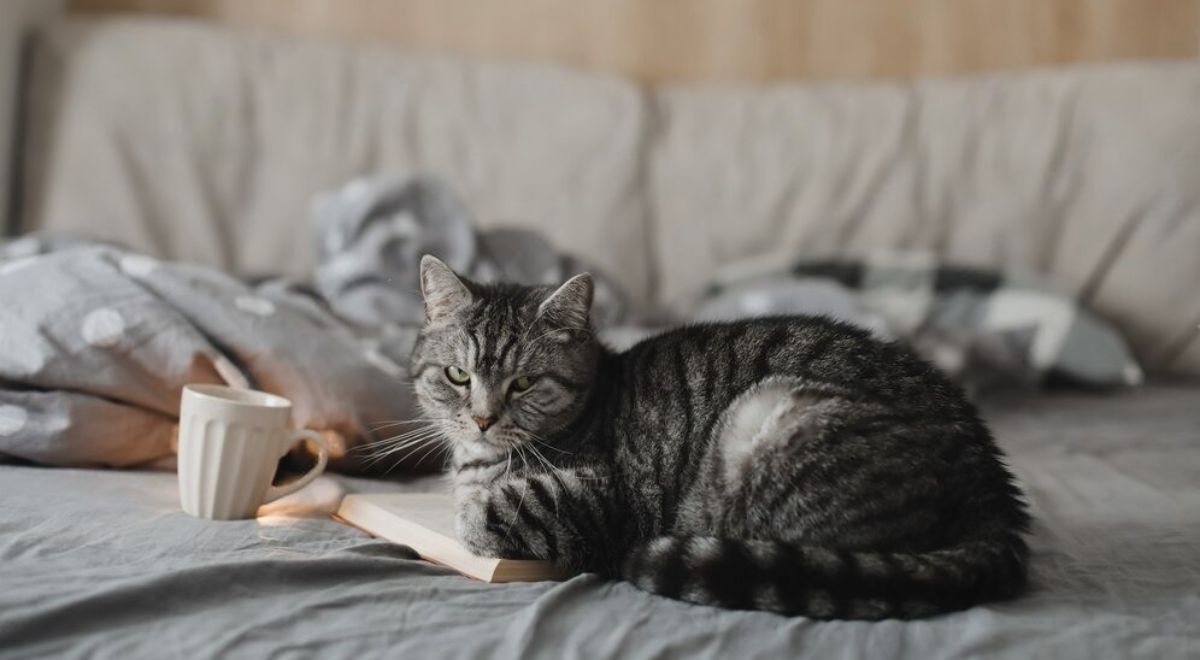Can Cats Get Colds? Understanding Feline Upper Respiratory Infections
Introduction
As pet lovers, we often worry about the health and well-being of our furry friends. One common concern is whether cats can get colds similar to humans. If you’ve noticed your cat sneezing, having a runny nose, or displaying other symptoms of illness, you might be wondering if they can catch a cold. In this blog post, we will explore whether cats can get colds, what causes these symptoms, how they can be treated, and preventive measures to keep your feline companion healthy.
Can Cats Get Colds?
Yes, cats can get colds, but not in the same way humans do. When we talk about a “cold” in cats, we are usually referring to an upper respiratory infection (URI). These infections are common in cats and can cause symptoms similar to those of a human cold, such as sneezing, nasal discharge, and eye discharge. The primary causes of these infections in cats are viruses and bacteria.
Common Causes of Feline Upper Respiratory Infections
Feline upper respiratory infections are typically caused by viruses, with the most common being feline herpesvirus (FHV) and feline calicivirus (FCV). These viruses are highly contagious and can spread quickly among cats, especially in multi-cat households or shelters. Bacterial infections, such as those caused by Bordetella bronchiseptica or Chlamydia felis, can also contribute to upper respiratory infections in cats.

Symptoms of a Cat Cold
Recognising the symptoms of a cat cold is crucial for early intervention and treatment. Common signs include:
– Sneezing
– Nasal congestion and discharge
– Watery or goopy eyes
– Coughing
– Lethargy
– Loss of appetite
– Fever
If your cat is displaying any of these symptoms, it is essential to monitor their condition and seek veterinary advice if necessary.
Can Cats Get Colds from Humans?
One common question pet owners have is whether cats can get colds from humans. The good news is that most human colds are caused by rhinoviruses, which do not affect cats. Therefore, it is unlikely for cats to catch a cold from their human companions. However, some illnesses, such as the flu, can be transmitted from humans to cats, so it is always best to practice good hygiene and avoid close contact with your pet if you are ill.
Can Cats Get Colds from Dogs?
Another concern for pet owners with both cats and dogs is whether their cat can catch a cold from their dog. While upper respiratory infections are common in both cats and dogs, the specific viruses and bacteria that cause these infections typically do not cross species. However, there are exceptions, such as Bordetella bronchiseptica, which can infect both cats and dogs. If one pet in your household is ill, it’s essential to monitor all pets for symptoms and consult with your veterinarian.
Treatment and Care for Cats with Colds
If your cat is suffering from a cold, there are several steps you can take to help them feel better and recover more quickly:
- Keep Them Comfortable: Ensure your cat has a warm, quiet place to rest. A humidifier can help ease their breathing if they are congested.
- Encourage Hydration: Ensure your cat drinks plenty of water. Wet food can also help keep them hydrated.
- Maintain Cleanliness: Wipe away any nasal or eye discharge with a damp cloth to keep your cat comfortable and prevent further irritation.
- Provide Nutritious Food: Encourage your cat to eat by offering their favourite foods or warming their food slightly to enhance its aroma.
- Follow Veterinary Advice: If your cat’s symptoms are severe or persistent, consult your veterinarian. They may prescribe medications, such as antibiotics, to treat secondary bacterial infections or antiviral drugs in severe cases.
Preventing Feline Upper Respiratory Infections
Prevention is always better than cure. Here are some tips to help prevent your cat from getting a cold:
- Vaccinations: Ensure your cat is up to date with their vaccinations, including those for FHV and FCV.
- Minimize StressStress: Stress can weaken your cat’s immune system, making them more susceptible to infections. Provide a calm and stable environment for your pet.
- Good Hygiene: Regularly clean your cat’s living area, food and water bowls, and litter box to reduce the risk of infection.
- Isolate Sick Pets: If you have multiple pets and one becomes ill, separate them to prevent the spread of the infection.
- Regular Vet Check-Ups: Routine veterinary visits can help catch and treat any health issues early.
Conclusion
While cats can indeed get colds, understanding the causes, symptoms, and treatments can help you manage and prevent upper respiratory infections in your feline friends. By providing proper care and following preventive measures, you can keep your cat healthy and happy. Always consult your veterinarian if you have concerns about your cat’s health or if they are showing signs of illness.
FAQs
Can cats get colds from humans?
No, most human colds are caused by rhinoviruses that do not affect cats. However, other illnesses like the flu can be transmitted from humans to cats, so practice good hygiene and avoid close contact if you are ill.
Can cats get colds from dogs?
While most viruses and bacteria causing respiratory infections are species-specific, some, like Bordetella bronchiseptica, can infect both cats and dogs. Monitor all pets in your household if one becomes ill and consult with your veterinarian.
What should I do if my cat has a cold?
Keep them comfortable, encourage Hydration, maintain Cleanliness, provide nutritious food, and follow veterinary advice. If symptoms persist or worsen, seek veterinary care.
How can I prevent my cat from getting a cold?
Ensure vaccinations are up to date, minimise stress, maintain good hygiene, isolate sick pets, and schedule regular vet check-ups.
Are upper respiratory infections in cats contagious?
Yes, upper respiratory infections are highly contagious among cats. If one cat in your household is sick, take steps to prevent the spread to other cats by separating them and maintaining good hygiene.



